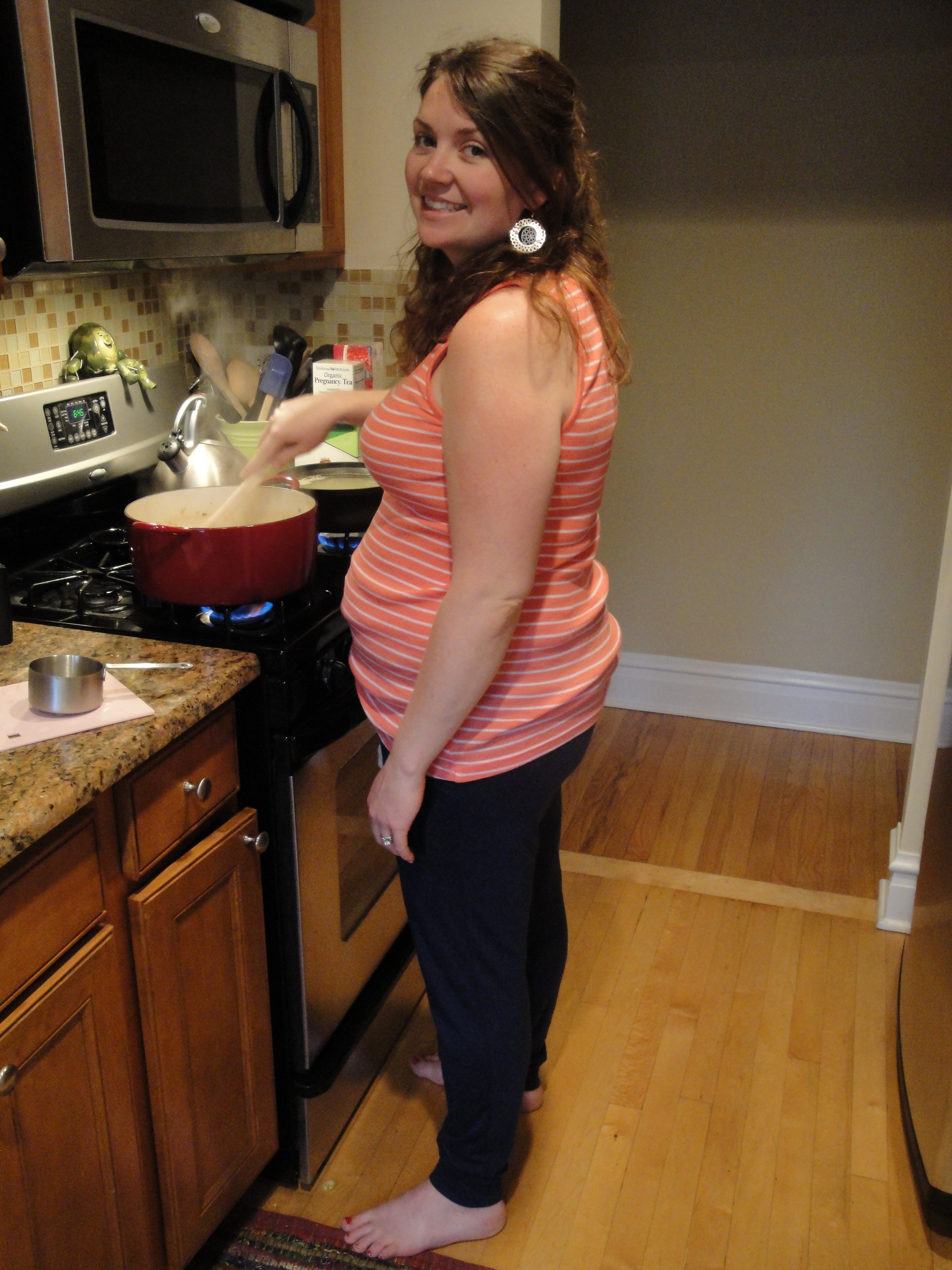barefoot and pregnant on:
[Wikipedia]
[Google]
[Amazon]
 "Barefoot and pregnant" is a
"Barefoot and pregnant" is a
 "Barefoot and pregnant" is a
"Barefoot and pregnant" is a figure of speech
A figure of speech or rhetorical figure is a word or phrase that intentionally deviates from ordinary language use in order to produce a rhetorical effect. Figures of speech are traditionally classified into '' schemes,'' which vary the ordinary ...
most commonly associated with the idea that women should not work outside the home and should have many children during their reproductive years.
The phrase "barefoot and pregnant" seems to have been introduced in the early twentieth century by the American doctor Arthur E. Hertzler from Kansas, who said: "Some vulgar person has said that when the wife is kept barefooted and pregnant there are no divorces." By the mid-1900s, the phrase had passed into common parlance, so much so that an article from 1949 states: "By early 1949, TWA was—in the words of its new president, Ralph S. Damon—both 'barefoot and pregnant.'"
The variation "barefoot and pregnant in the kitchen" has been associated with the phrase (translated "children, kitchen, church"), used under the German Empire to describe a woman's role in society. A comparable phrase, " Good Wife, Wise Mother", emerged in Meiji-period Japan (1868–1912).
Negative connotations
A common assumption is that the expression relates to housewives not leaving the home, and thus not needing shoes. Indeed, in thesex discrimination
Sexism is prejudice or discrimination based on one's sex or gender. Sexism can affect anyone, but it primarily affects women and girls.There is a clear and broad consensus among academic scholars in multiple fields that sexism refers primar ...
case of ''Volovsek v. Wisconsin Dept. of Agric., No. 02-2074 (7th Cir. September 18, 2003)'', the United States Court of Appeals for the Seventh Circuit
The United States Court of Appeals for the Seventh Circuit (in case citations, 7th Cir.) is the U.S. federal court with appellate jurisdiction over the courts in the following districts:
* Central District of Illinois
* Northern District of Il ...
ruled that a woman who allegedly overheard her manager using the phrase could take her case to a jury. However, the court also dismissed the remaining claims on summary judgment
In law, a summary judgment (also judgment as a matter of law or summary disposition) is a judgment entered by a court for one party and against another party summarily, i.e., without a full trial. Summary judgments may be issued on the merits of ...
with respect to both discrimination and retaliation against DATCP for lack of evidence.
Feminists often cite the phrase in a negative, socially critical context. The phrase is used to describe women unable to function as responsible, adult mothers, either by (a) oppression and/or (b) failure by the female to meet developmental challenges and reach adulthood. Author Shinine Antony wrote a 2002 collection of short stories entitled ''Barefoot and Pregnant'', explaining in a later interview that, "''Barefoot And Pregnant'' is a phrase that pokes fun at chauvinists who want their women barefoot (so that they are unable to socialize) and pregnant (helpless). This follows the general image of society in which women are merely objects."
Annually, the Philadelphia chapter of the National Organization for Women
The National Organization for Women (NOW) is an American feminist organization. Founded in 1966, it is legally a 501(c)(4) social welfare organization. The organization consists of 550 chapters in all 50 U.S. states and in Washington, D.C. It ...
bestows a Barefoot and Pregnant Award "to persons in the community who have done the most to perpetuate outmoded images of women and who have refused to recognize that women are, in fact, human beings."
Literary associations
*NovelistDavid Baldacci
David Baldacci (born August 5, 1960) is an American novelist. An attorney by education, Baldacci writes mainly suspense novels and legal thrillers.
Biography
Early life and education
David Baldacci was born and raised in Richmond, Virginia. H ...
linked the phrase to a hillbilly
Hillbilly is a term (often derogatory) for people who dwell in rural, mountainous areas in the United States, primarily in southern Appalachia and the Ozarks. The term was later used to refer to people from other rural and mountainous areas west ...
West Virginia: “All men living in the nineteenth century. Barefoot and pregnant and in the kitchen just about covers their idea of a woman's role in life”.
*In the futuristic novel '' Bold as Love'', a group of women warn themselves about a rising radical: "Then after the revolution you'll end up chained to the stove in peekaboo panties, all over again.' 'Barefoot and not even pregnant,' added someone else. 'He's into population control.'"
See also
*Natalism
Natalism (also called pronatalism or the pro-birth position) is an ideology that promotes the reproduction of human life as the preeminent objective of being human.
Compare:
The term, as it relates to the belief itself, comes from the French wor ...
* Pregnancy discrimination
*Purdah
Pardah or purdah (from Hindi-Urdu , , meaning "curtain") is a religious and social practice of female seclusion prevalent among some Muslim and Hindu communities. It takes two forms: physical segregation of the sexes and the requirement that wom ...
*Sexism
Sexism is prejudice or discrimination based on one's sex or gender. Sexism can affect anyone, but it primarily affects women and girls.There is a clear and broad consensus among academic scholars in multiple fields that sexism refers prima ...
References
External links
*{{cite web , last=Jamieson , first=Katherine , title=How “Barefoot and Pregnant” Became a Dark American Joke , website=Slate Magazine , date=2022-10-22 , url=https://slate.com/human-interest/2022/10/barefoot-and-pregnant-history-origin-of-saying.html , access-date=2022-10-29 , ref=none English phrases Feminism and society Sexist terminology Stereotypes of women